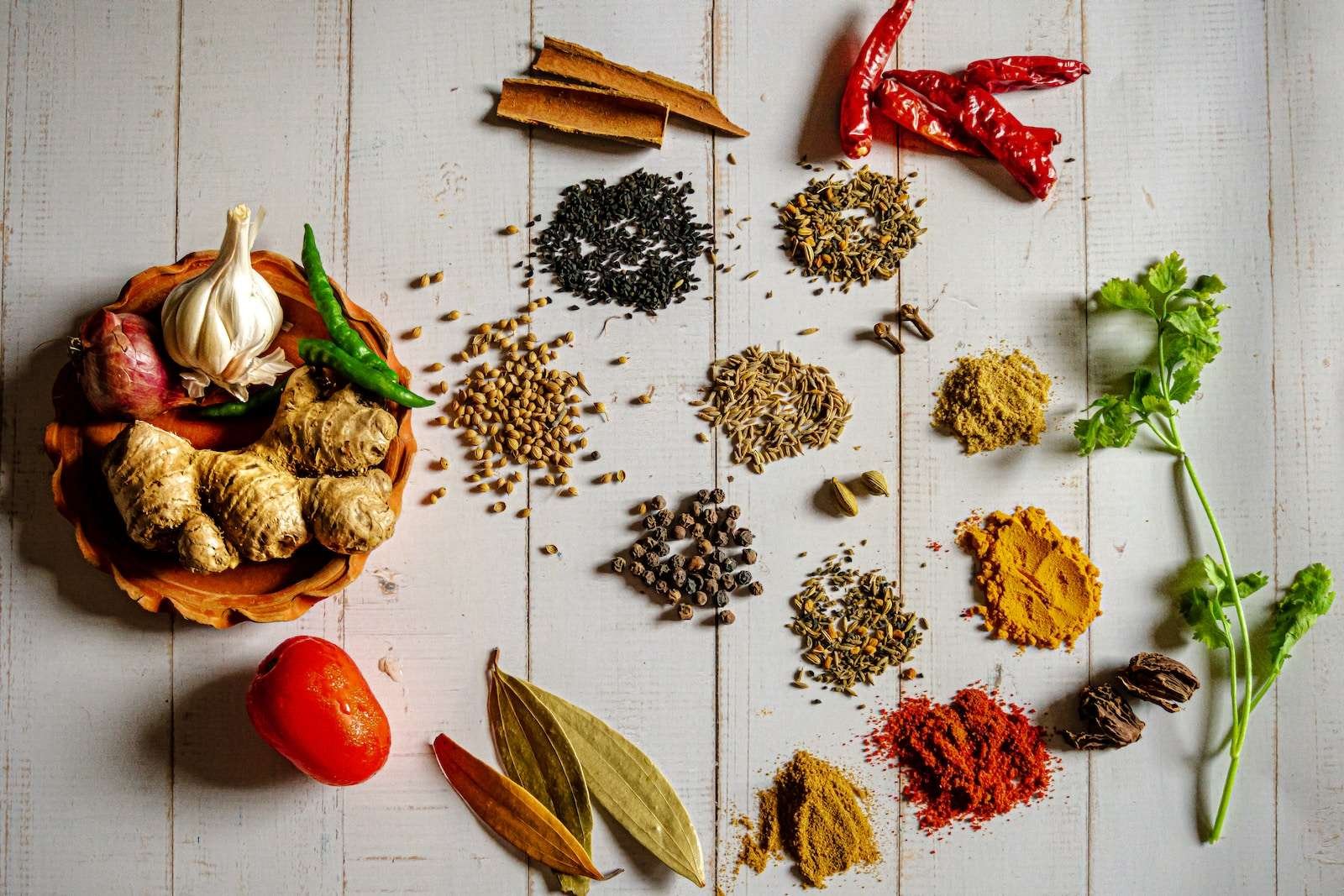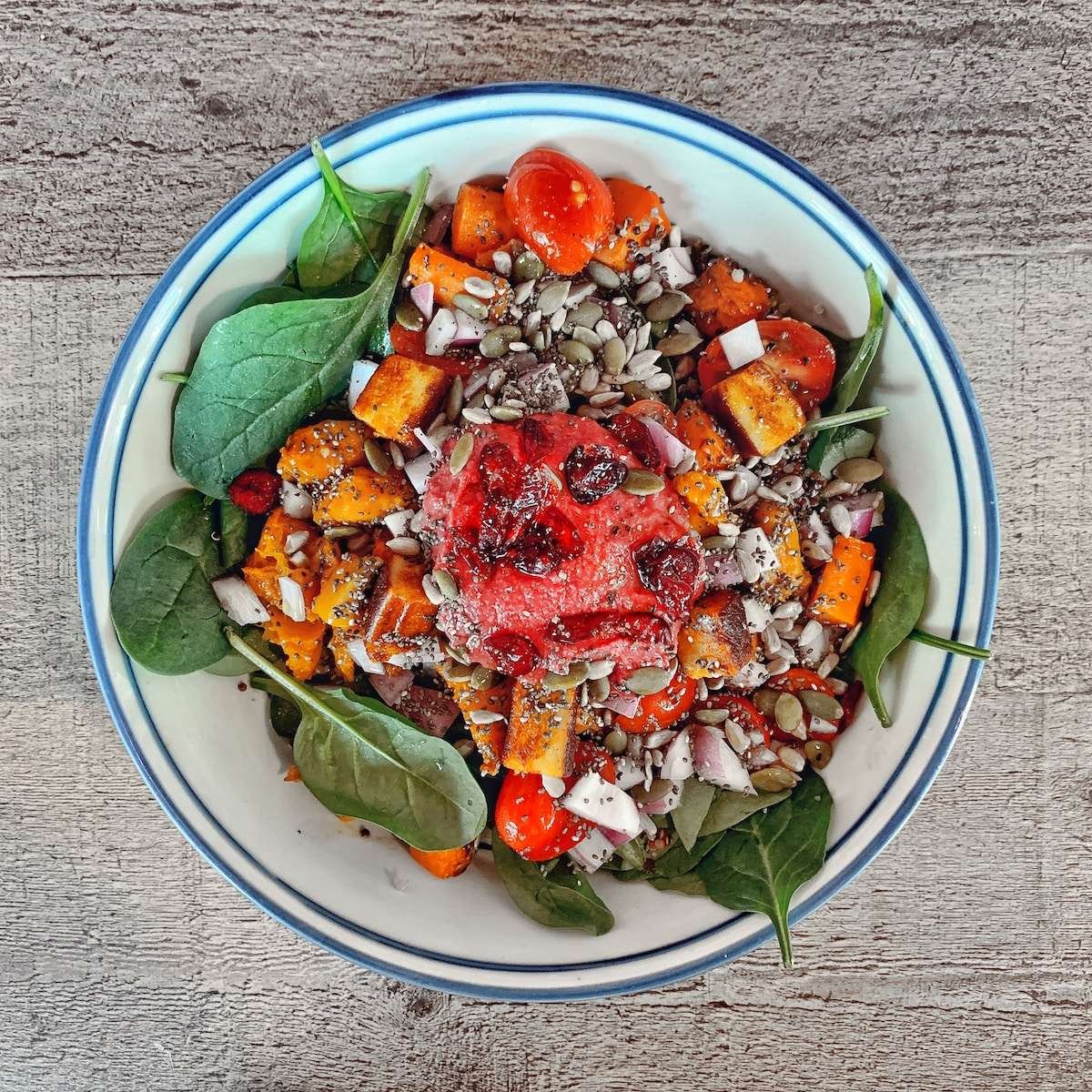Inflammation is a double-edged sword; it’s essential for our body’s processes of growth and repair yet also problematic when it spirals out of control. Not only can inflammation affect our body, creating pain, stiffness, and soreness, but it can also impact our mental health and has been linked to anxiety and depression. In this article, we will explore the fascinating world of inflammation in greater detail and discover how the power of our diet can help us tame and harness this fiery force for better health and overall well-being.
Watch the full video on my YouTube channel
Understanding Inflammation
Acute vs. Chronic Inflammation
Inflammation can be classified into two types: acute and chronic. Acute inflammation occurs as a short-term response to an injury or infection, while chronic inflammation is a prolonged, low-grade response that persists even after the initial cause has been resolved.
Acute inflammation is generally beneficial, promoting healing and recovery by increasing blood flow to the affected area, recruiting immune cells to fight off pathogens, and stimulating tissue repair. On the other hand, chronic inflammation can be harmful since it continuously damages healthy cells and tissues over time. This ongoing damage has been associated with various diseases such as certain cancers, heart disease, diabetes, autoimmune disorders, and even poor mental health.
The Role of Diet in Inflammation
A growing body of research indicates that diet plays a crucial role in modulating inflammation in the body. Certain foods have been found to possess anti-inflammatory properties that help reduce chronic inflammation levels while others may promote inflammation.
By focusing on an overall dietary pattern rich in anti-inflammatory foods rather than specific components or nutrients alone, we can help maintain healthy levels where our bodies can still respond effectively while not causing constant inflammation.
Anti-Inflammatory Dietary Patterns
Research shows that diets like the Mediterranean diet or plant-based diets are best for combating inflammation. These diets focus on whole plant foods which contain various factors that help reduce inflammation, such as antioxidants, fiber, healthy fats, and phytochemicals.
Foods to Include
A healthy anti-inflammatory dietary pattern includes unprocessed whole foods, such as fruits, vegetables, nuts, seeds, legumes, and whole grains. Incorporating these food categories into your diet can significantly contribute to reducing inflammation and promoting overall health:
Fruits and Vegetables
Fruits and vegetables are rich in antioxidants and phytochemicals that help protect cells from oxidative stress caused by free radicals. They also provide essential vitamins and minerals that support a healthy immune system. Some standout anti-inflammatory fruits and vegetables include berries (e.g., blueberries, strawberries), cherries, citrus fruits (e.g., oranges, grapefruits), dark leafy greens (e.g., spinach, kale), cruciferous vegetables (e.g., broccoli, cauliflower), tomatoes, and avocados.
Nuts and Seeds
Nuts and seeds are excellent sources of healthy fats (monounsaturated and polyunsaturated fats), fiber, vitamins, minerals, and antioxidants that help reduce inflammation. Walnuts are particularly high in omega-3 fatty acids which have been shown to have strong anti-inflammatory effects. Almonds contain vitamin E which acts as an antioxidant to protect cells from inflammation-induced damage. Chia seeds and flaxseeds are rich in alpha-linolenic acid (ALA), a plant-based omega-3 fatty acid that has been linked to reduced inflammation.
Legumes
Legumes such as beans (e.g., black beans, kidney beans), lentils, chickpeas, soybeans (e.g., edamame), and peas are high in fiber which promotes gut health by feeding beneficial bacteria that produce short-chain fatty acids with anti-inflammatory properties. Legumes also contain various antioxidants like polyphenols that help combat oxidative stress and inflammation.
Whole Grains
Whole grains like brown rice, quinoa, barley, and whole wheat provide essential nutrients such as fiber, B vitamins, and minerals that help regulate inflammation. Fiber from whole grains supports a healthy gut microbiome which has been linked to lower levels of inflammation in the body.
Herbs and Spices
Herbs and spices possess potent anti-inflammatory compounds that can help reduce inflammation. For example, turmeric contains curcumin which has well-documented anti-inflammatory effects; pairing it with black pepper increases its absorption significantly. Ginger contains gingerols which have been shown to inhibit the production of pro-inflammatory compounds. Other herbs and spices like rosemary, thyme, oregano, cinnamon, and cloves also exhibit anti-inflammatory properties.

Herbs and spices are amazing when it comes to fighting inflammation! They’re packed full of beneficial nutrients – and taste amazing.
Implementing an Anti-Inflammatory Diet
When it comes to eating to support inflammation management, focus on your overall dietary pattern rather than specific foods or nutrients alone. Consuming a balanced diet rich in whole plant foods while minimizing processed foods and those high in added sugars or unhealthy fats will go a long way in reducing inflammation and promoting overall health.
Remember that moderation is key – occasional indulgences are part of a healthy lifestyle. The goal is to create a sustainable dietary pattern that you enjoy while reaping the benefits of reduced inflammation.
By making conscious food choices and keeping inflammation under control through diet, we can improve our overall health and well-being. This knowledge empowers us to take charge of our health by addressing one of the root causes of many chronic diseases: chronic inflammation.
References:
Inflammation and disease – https://www.frontiersin.org/articles/10.3389/fnut.2021.647122/full
Inflammation, depression and anxiety – https://jhpn.biomedcentral.com/articles/10.1186/s41043-022-00303-z
Mediterranean diet and inflammation:
https://pubmed.ncbi.nlm.nih.gov/24925270/
https://pubmed.ncbi.nlm.nih.gov/26104243/
https://pubmed.ncbi.nlm.nih.gov/26523418/
Plant-based diets and inflammation
https://www.ncbi.nlm.nih.gov/pmc/articles/PMC7730154/
Sulforaphane – https://pubmed.ncbi.nlm.nih.gov/34184327/
Turmeric, curcumin, black pepper increases absorption – https://www.ncbi.nlm.nih.gov/pmc/articles/PMC5664031/
Olive oil and inflammation – https://pubmed.ncbi.nlm.nih.gov/31539817/
Garlic and inflammation – https://pubmed.ncbi.nlm.nih.gov/32673835/
Ginger and inflammation – https://pubmed.ncbi.nlm.nih.gov/36364048/






0 Comments